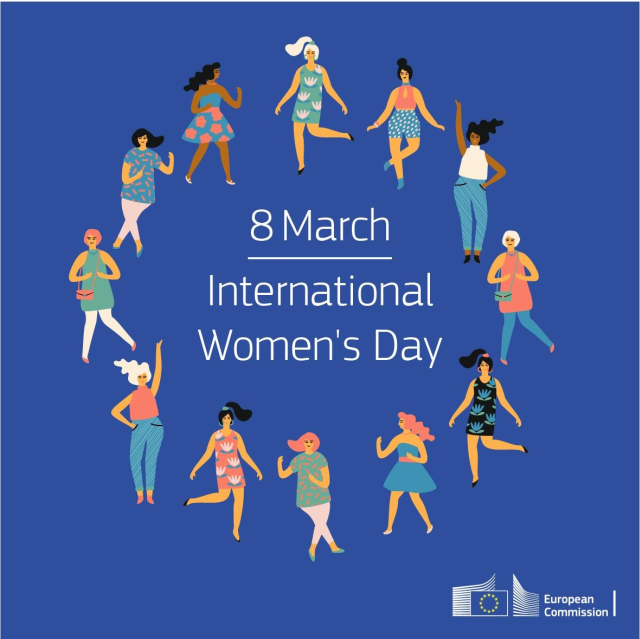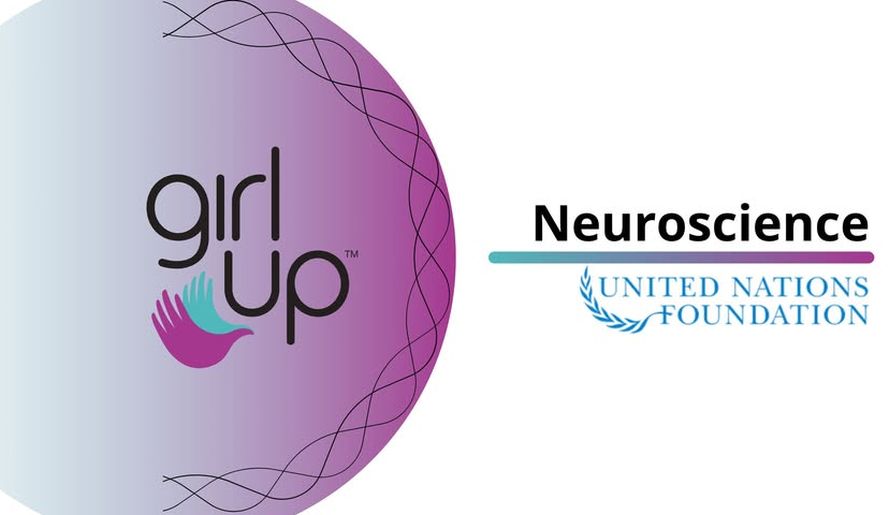Women’s Role in Today’s European Society
Women today are faced with problems that civil society has a poor understanding of

Monica Chiorpec, 25.03.2020, 14:39
Women today are faced with problems that civil society has a poor understanding of. In early March, International Womens Day was the occasion for a European conference for all those interested in womens status and role in the year 2020. Ramona Strugariu, European MP on behalf of the USR PLUS (Renew Europe) Alliance, was the organizer of the event in Bucharest:
“We are not necessarily as far ahead as we would want in terms of gender equality in political representation. Moreover, this Europe, of which Commissioner Vera Jourova was saying that it is the best place in the world today for women and their rights — which is true — is a Europe in which one in three women is assaulted every day, physically or otherwise. It is a Europe in which 55% of women are sexually harassed.”
Presenting the real problems women face in Romania, Ramona Strugariu insisted on the legal framework that victims of violence can call upon all over Europe. Also, the EuroMP added that it is necessary for efforts to continue at the national level:
“We are a country in which over 63% of the population believes that gender and domestic violence are not real problems, that they dont necessarily exist, and that they are not a societal problem. Starting with this data and these figures, we should think about what should be done. What concrete, structural measures, can we take at the European level? What can we do at the national level and in terms of legislation, but also in terms of implementing measures and enforcing laws? And also what can be done. In terms of mentalities and education.”
Irina von Wiese, former EuroMP before the Brexit, represents the British Liberal Democratic Party. As one of the participants in the conference Romania and Europe in the Feminine, the British politician emphasized the importance of eliminating gender stereotypes:
She said that that this doesnt happen for lack of opportunity, but partially by the fact that the education system has been treating technology, math, and engineering as areas for men only, for many years. In order to identify work opportunities for women, a new generation needs to take shape, which needs to overcome rules and stereotypes about the professions women should have. She said that we have to encourage our daughters, because the opportunities are here for women, and they are extraordinary.
As someone who started in politics through circumstances that allowed her to climb swiftly as an elected official in British society, Irina von Wiese also spoke about less than pleasant experiences that she had as a public figure. She said that if you are not prepared for such a thing, you need a lot of resilience, especially on-line, where officials cannot avoid being, adding that her staffers have told her about all sorts of abuse against her on social media. Most of them were misogynistic, going as far as sexual harassment and threats. Others were aimed at her as a woman politician, which made her build up resilience.
Abuses perpetrated hiding behind the anonymity provided by the on-line environment can have a terrible impact on the victims. Even though they may be in important positions, women facing such situations can be left with serious emotional trauma, which often makes them leave the public arena. Von Wiesen said the problem is not only the abuse in itself, but also the psychological effect it has on young women in politics. She said that every time she talks to such women, they say: I want my involvement to count, I want to participate in politics, but do I want to go through an experience like this, constant aggression in public discourse nowadays?
Irina von Wiese is convinced, however, that both in Romania and the other EU member countries, abuses can be prevented and their effects mitigated, as long as there are support groups. She said she believes that we have the necessary framework, and that in many cases there are specific programs for promoting women, but that is not sufficient. What is needed to attract talent in politics is to provide a safety net for politicians or public figures, a back-up in case things go awry. She added that what is needed is a network of mentors and supporters for these women, which would be a catalyst for motivating women to step up to the plate.
The most recent statistics show that over 52% of the Romanian population is female. Even though it is increasing, womens presence in public positions is still low. Right now, only 5% of mayors and 20% of elected MPs are women. The situation is similar in the business environment, with a little over 35% of shareholders being women. Violence against women and prejudices regarding the professions they should have are still pervasive in Romania.






























